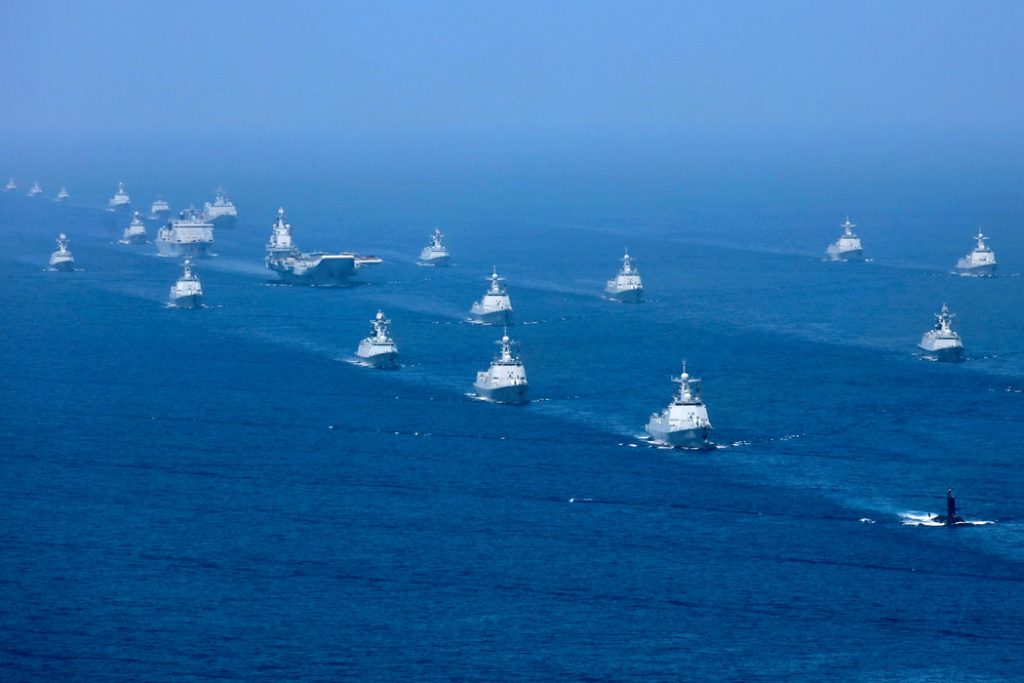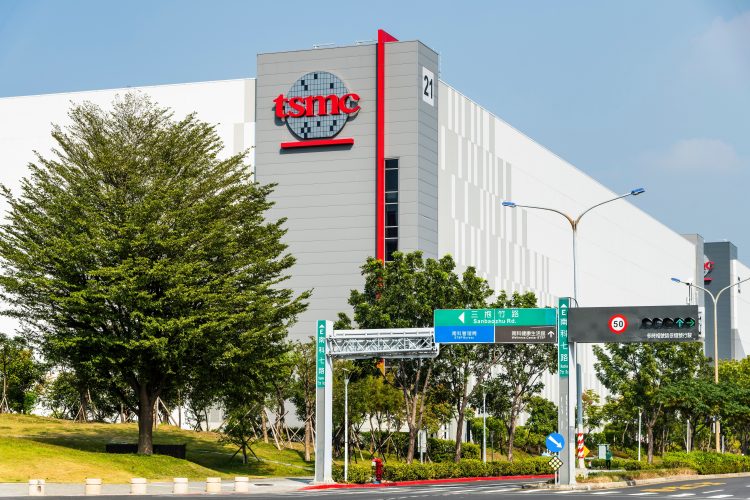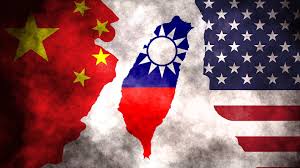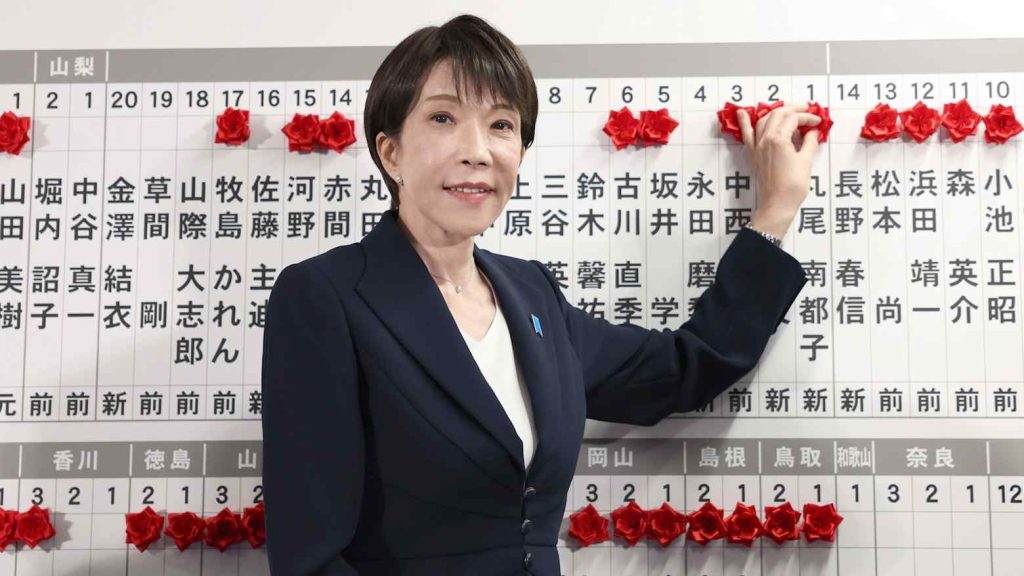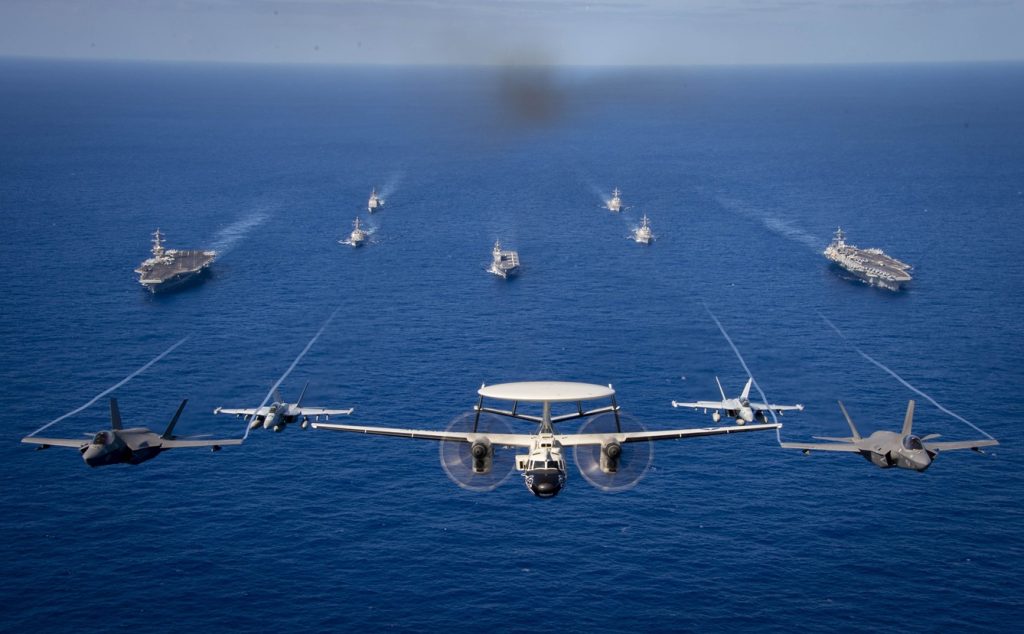必须警惕高市把美国拖入台湾问题的陷阱
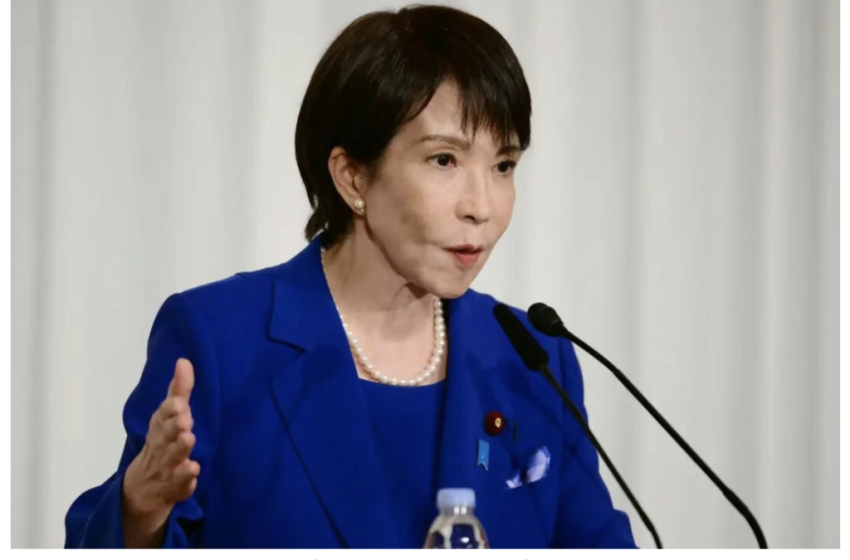
编者按:本位作者是美国智库防务优先(Defense Priorities)亚洲项目主任金莱尔博士(Lyle Goldstein),文章11月18日发表在Real & Clear World网站。金莱尔今年10月曾在《时代周刊》发表题为“美国必须警惕台湾的鲁莽领导人”的文章,引发台湾当局的愤怒(点击【这里】查看该文全文)。本站认为金莱尔的观点值得关注。在高市早苗就日本的台湾立场出言不逊之后,美国电视台福克斯的记者在采访中问特朗普怎么看。特朗普总统的答复是,“我们很多的盟国都不是朋友”;“我们的很多盟国在贸易方面给我们带来的损失比中国还大”(A lot of our allies are not friends either; A lot of our allies took advantage of our trade more than China did”。虽然特朗普总统似乎拉开了他与高市早苗的距离,但美国驻日大使格拉斯(George Glass)的表态似乎与特朗普的立场背道而驰。格拉斯在与日本外务大臣茂木敏充会晤后表示,高市有关台湾冲突可能对日本造成“生存威胁”的定性,引发北京强烈反击,甚至触发了经济与文化层面的“惩罚性措施”,他指责中国的行为是“经济胁迫的典型案例”,并表示美国将坚定支持高市首相与日本政府。他强调说:“这是我代表总统表态——我们支持她。”美国国务院副发言人皮戈特(Tommy Pigott)也通过社交媒体X表示,美国对美日同盟和日本防卫的承诺坚定不移,范围包括尖阁诸岛(Senkaku Islands,即钓鱼台列屿)。美日同盟仍是印太区域和平与安全的基石。高市早苗的表态显然在美国大有市场,有把美国拉入陷阱,让刚刚走向稳定额美中关系再度下滑。本文英文标题为“The Promise and Pitfalls of Japan’s New ‘Iron Lady’”,中文在万维读者网编译的基础上做了一些文字修改。本文额英文原文贴在中文编译之后,供读者参考。
美国《真实清晰的世界》网站发表美国“国防优先”网站亚洲项目主任金莱尔(Lyle Goldstein)的文章说,日本五年内迎来第四任首相。尽管政治动荡,许多美国人仍对日本第一位女首相高市早苗登上日本政府的最高领导职位抱有希望。
然而,如果高市倾向于冒险,尤其是在台湾等敏感问题上,美国国家安全可能面临重大挑战。日本历史和高市相对鹰派的观点表明,美国未来几年可能需要努力缓和西太平洋的紧张局势。高市在最近的讲话中,宣称中国对台湾的进攻可能导致日本介入台湾一方。这些言论迅速引发北京的强烈反弹。
高市和川普都敬仰已故的安倍晋三,后者是近几十年日本最成功的首相,2022年被暗杀。但问题就在这里。如果说川普长期痴迷于贸易,那么安倍本人则关注中国的崛起,尤其是台湾在西太平洋新兴战略竞争中的角色。鉴于台湾问题在美中关系及更广泛的美国国家安全中的重要性,美国人必须理解东京长期以来在这个最危险的火药桶中扮演的角色。
日本在台湾现代史中扮演着重要的角色,十九世纪末日本在甲午战争中获胜,清廷被迫割让台湾,东京于1895年至1945年间统治台湾50年。东京视台湾为模范殖民地,这一时期许多公共设施得到改善,包括建设台湾令人印象深刻的铁路和公路网络等。
然而,日本在征服台湾过程也制造了可怕的暴行。许多台湾人,无论是否自愿,都被卷入了日本肆虐亚洲的战争机器。在中国人心中,台湾沦落为殖民地与日本对中国的侵略暴行是联在一起的,这些行为都有充分的历史记录。这也是台湾的回归是中华“民族伟大复兴”和告别百年耻辱的最后标志,至少从北京的角度来看是这样。
那么,这一背景与高市以及美日关系的未来有何关联?潜在问题在于,她已经接受了自己的恩师安倍的许多有争议的右翼观点。安倍在担任首相期间,试图将日本与二战的悲惨历史划清界限。他希望修改日本宪法,废除或削弱第九条中放弃一切战争潜力的条款,提高日本的防务开支,最重要的是将日本的国家安全与台湾的未来地位挂钩。
高市也采取了许多类似立场,包括寻求与台湾建立更紧密的防务关系。同样,她因频繁访问供奉着包括战犯在内的靖国神社而多次得罪了中国。
许多美国战略家会很高兴看到日本加强防务的努力,正如高市所承诺的那样,以便在联盟内部分担更多责任。但美国领导人应当意识到,这可能导致意想不到的后果。例如,东京最近大规模采购美国的远程战斧导弹,似乎偏离了更为严格的防御军事战略。其近期对实际上是航空母舰的舰艇投资,或许也反映了这一趋势。
华盛顿应努力引导日本军事发展向更具防御性的方向,比如鼓励盟友专注于加固空军基地,进一步发展防空和导弹防御。美国还应阻止东京有时明显倾向于在敏感的台湾问题上“搅局”。
据说日本新任女首相特别钦佩前英国首相撒切尔夫人。众所周知,英国与阿根廷围绕福克兰群岛爆发的一场“辉煌小战争”帮助挽救了撒切尔夫人陷入困境的政治生涯,并提升了她在国际及国内舞台的声望。美国人担心美国可能无意中陷入风险很大的台海赌局,希望高市的任期不会被同样鹰派的举动所界定,毕竟我们与中国的关系更为重要。

Lyle Goldstein: The Promise and Pitfalls of Japan’s New ‘Iron Lady’
Japan is on its fourth prime minister in five years. Despite the political turmoil, many Americans are hopeful over the ascendance of Sanae Takaichi to the top leadership post in Tokyo.
Yet U.S. national security could confront major challenges if Takaichi is inclined to take risks, particularly on the delicate matter of Taiwan. Japanese history and Takaichi’s relatively hawkish views suggest the United States may need to work to tamp down tensions in the western Pacific in the coming years, if not sooner. In recent comments, Takaichi declared that a Chinese assault on Taiwan could lead to Japan intervening on Taiwan’s side. These comments sparked a quick backlash from Beijing, which has responded with sharp-barbed “wolf warrior” diplomacy.
There are many positives in Takaichi’s prospects for leadership. First and foremost, it is exciting that a woman has finally reached the pinnacle of power in modern Japan. Takaichi’s qualifications are also extensive. She has been a successful legislator and held senior cabinet posts in previous administrations. Her background as a TV broadcaster suggests she is well versed in political messaging.
Another crucial aspect of her biography is that she lived for two years in the United States and even worked as a congressional intern. Undoubtedly, this afforded Takaichi extensive insights into American society and politics.
It’s hardly surprising that Takaichi and U.S. President Donald Trump showed a natural rapport during Trump’s visit in late October, since Takaichi has embraced a slogan of “Japan First!” and seems to have a keen understanding of Trump’s priorities. Hopefully, Trump’s visit will allow for significant progress in U.S.-Japan relations, which have been under a cloud due to trade tensions.
In addition, Takaichi and Trump share a reverence for the late Shinzo Abe, Japan’s most successful prime minister in recent decades who was assassinated in 2022.
But therein lies the rub. If Trump has been long obsessed with trade, Abe’s own obsession was with the rise of China and particularly Taiwan’s role in the emergent strategic rivalry in the western Pacific. Given the salience of the Taiwan issue in U.S.-China relations and in U.S. national security more generally, it is imperative that Americans understand Tokyo’s long-time role in this most dangerous powder keg.
Japan’s role in Taiwan’s modern history is extensive, since Tokyo ruled over the island for 50 years from 1895–1945, having annexed it from China after the Japanese victory in the Sino-Japanese War. Tokyo saw Taiwan as a model colony and its rule over the island is still remembered fondly by older Taiwanese generations since many public improvements were made during this period, including building Taiwan’s impressive rail and road network.
Yet this sentimental reverence and even kinship has a dark side. As in many colonial episodes, Japan’s conquest of Taiwan involved some terrible atrocities. And many Taiwanese got swept up, willingly or unwillingly, in Japan’s aggressive war machine that ravaged Asia.
One key to understanding the dangers of today’s Taiwan conundrum is that the island is associated in the Chinese mind with Japan’s awful deeds in China, which are well documented. This is partly why Taiwan has come to symbolize Chinese “national rejuvenation” and the righting of historical wrongs, at least from Beijing’s point of view.
So how does this background relate to Takaichi and the future of U.S.-Japan relations? The potential problem is that she has embraced many of the controversial, right-wing viewpoints of her long-time mentor Abe.
During his tenure as prime minister, Abe sought to disassociate Japan from the tragic history of World War II. He wanted to reform the Japanese Constitution to remove or water down its Article 9 renouncing all potential for war-making, elevate Japanese defense spending, and, most notably, tie Japan’s national security to Taiwan’s future status.
Takaichi has adopted many of these same positions, including seeking a closer defense relationship with Taiwan. Likewise, she has already offended China with her consistent visits to the Yasukuni Shrine, which memorializes Japan’s military leaders, including some convicted of atrocities. Some good news is that now that she is installed as Japan’s leader, she might be exercising some needed restraint in this regard.
Many American strategists will be glad to see Japan heighten its efforts in the defense realm, as Takaichi has promised, to allow for greater burden sharing within the alliance. But U.S. leaders should be mindful that this could lead to unintended consequences. With its recent major purchase of long-range American Tomahawk missiles, for example, Tokyo seemed to depart from a more strictly defensive military strategy. Its recent investments in ships that are effectively aircraft carriers may bespeak the same trend.
Washington should try to steer Japan’s military developments toward a more defensive orientation, such as by encouraging its ally to focus on hardening air bases and further developing air and missile defenses. The U.S. should additionally discourage Tokyo’s sometimes evident inclination to ‘stir the pot’ on the delicate Taiwan issue.
Japan’s new female prime minister is said to especially admire former UK Prime Minister Margaret Thatcher. It’s well known that a “splendid little war” fought by Britain against Argentina over the Falkland Islands helped rescue Thatcher’s faltering career and raise her prestige on the world stage as well as at home.
Let’s hope Takaichi’s term isn’t defined by a similarly hawkish endeavor, given how much higher the stakes are with China. Americans are right to be concerned that the U.S. could get inadvertently sucked into this risk-laden gambit that could result from spiraling Japan-China tensions and Tokyo’s sentimentalism regarding its former colony.
Lyle Goldstein is Director of the Asia Program at Defense Priorities.


